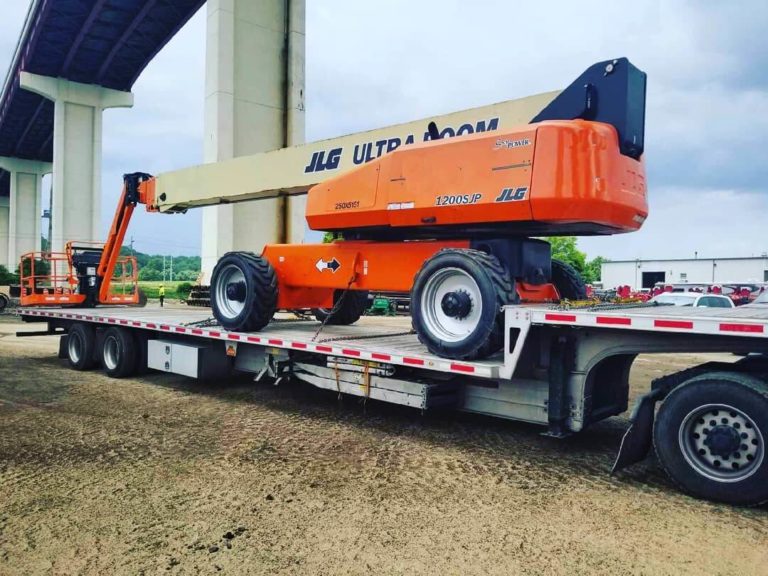
Cash Flow vs Factoring
If you are a licensed freight broker, you already know that you need to manage the flow of money from your customers to you, and ultimately to your carriers. This process is called cash flow, and it’s one of the main reasons new freight brokers fail. If you are a freight agent or an employee for a brokerage, you likely don’t have to even think about this too much. Regardless, let’s look at some basics of cash flowing a brokerage and how factoring comes into play.

3 Tips to Handling Objections for Freight Brokers
When you are prospecting as a freight broker, it’s inevitable that you will run into objections along the way. A good broker can understand what the objections really mean and respond appropriately to the prospect to keep the conversation progressing in the right direction. Let’s take a quick look at what objections are, some common objections, and how to overcome them.

5 Ways to Grow Your Book of Business
We’ve compiled a quick list of 5 ways to grow your book of business this year as a Freight Broker.

Flatbed Trailer Types
Flatbed loads are some of the most common loads that freight brokers deal with. This equipment type enables larger freight to be loaded without the limitations of trailer side walls and ceilings. We should have technically titled this post “Open Deck Trailer Types” since that would really be what we are looking at here, but the term “flatbed” is the most common term for these trailers in the freight broker community.

How Important are Freight Broker Margins?
A Freight brokers margin is going to make or break brokerages. We are going to discuss what margin is for freight brokers.

Vetting Carriers: Key Considerations for Freight Brokers – Freight 360
Every good freight broker understands the importance of having a strong network of partner carriers. Whether you are considering working with a carrier that is new to your brokerage or a carrier that has a history with your company, there are certain important vetting points to consider. In addition to the “must-do” validation points, there are also some additional considerations that you may want to explore to get a full picture of the potential carrier.

How Do Freight Brokers Price a Lane?
Whether you’re working on your first load, a new customer, a new lane, or things have changed for many reasons, it’s important to understand how to price a lane out and quote your customer accurately. In this post, we’re going to look at the basics of pricing and how to offer a quote to your customer.There is much more that goes into rates than I have time to cover in this post, so make sure you continue your learning and check out all of the other Freight 360 content to expand your knowledge base!

How Should You Be Check Calling?
A simple, yet often debated task of freight brokers is the check call. What is the best method to keep in touch with your drivers? How often should you be in contact with them? It really all depends. It depends on what your customer expects from you, and it depends on what expectations you’ve set with your carrier when you tender the load to them. Surprising your carrier with a flood of calls and texts at odd hours of the day will only hurt your relationship with them, and so will surprising them with unnecessary fines for failing to communicate with you.

5 Keys to Success as a Freight Broker
Everyone seems to want to find the secret sauce that makes the top freight brokers so successful… I compiled a list of five keys to success.

Spot Market vs Contract Market, What Should Freight Brokers Focus On?
Spot Market vs Contract Market, What is the Difference? Contracted rate is for a set period, A spot rate is a rate offered before the load moves.

To Compete or Non-Compete, that is the Question
The biggest hurdle that I have seen with freight brokers (specifically W2 folks) when it comes to changing companies is their employment terms with their current or past company. The dreaded non-compete stands in the way.

Should You Be Afraid of Digital Freight Brokers?
Every day there is an article trying to scare freight brokers because the Uber’s or digital freight brokers are going to take over. This Idea is garbage
